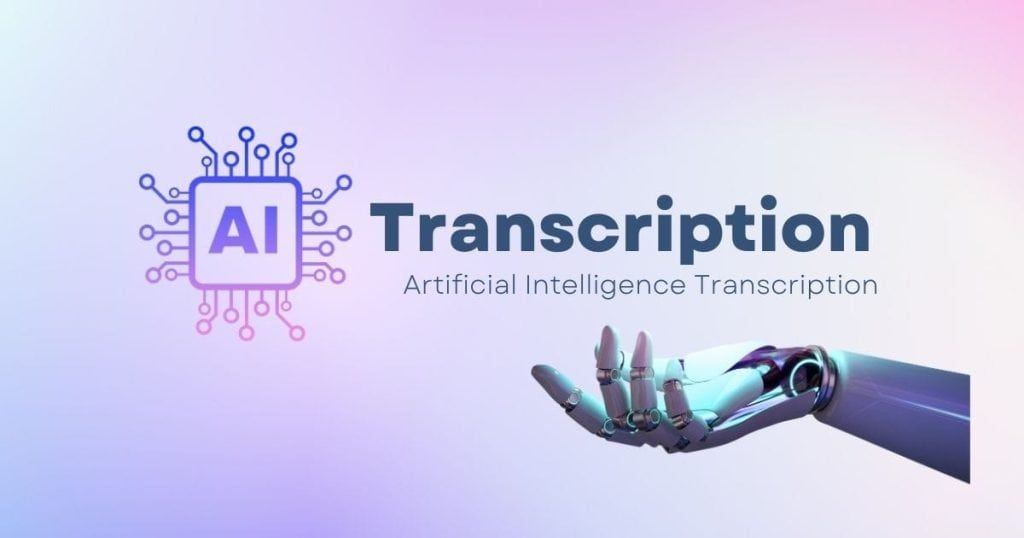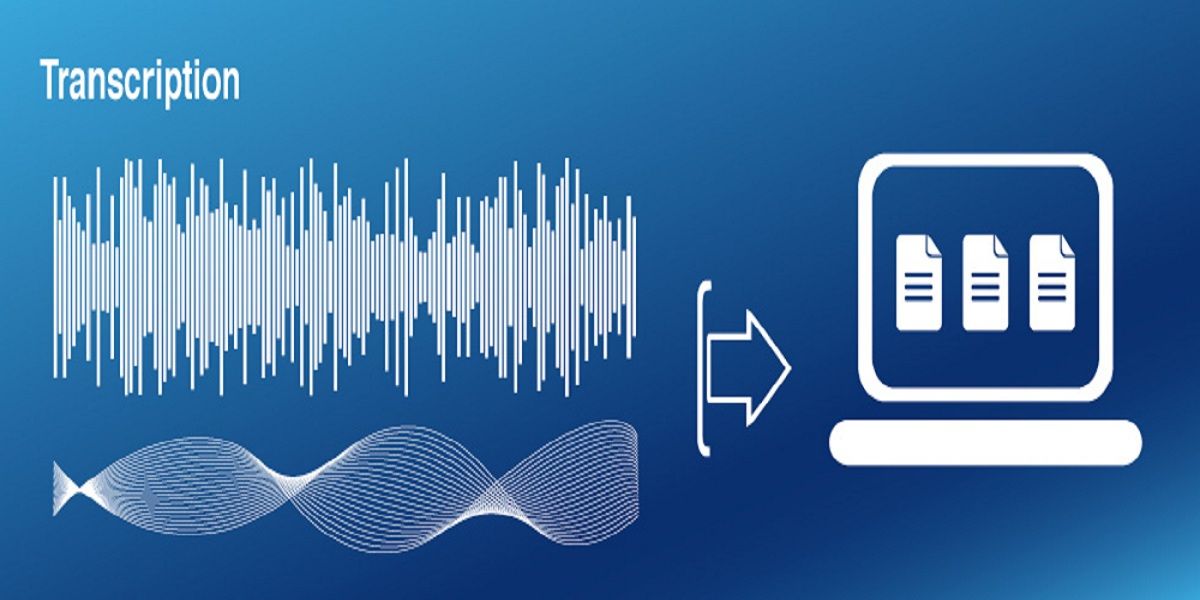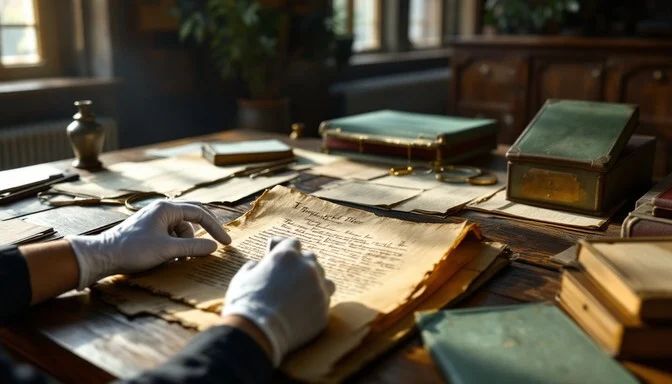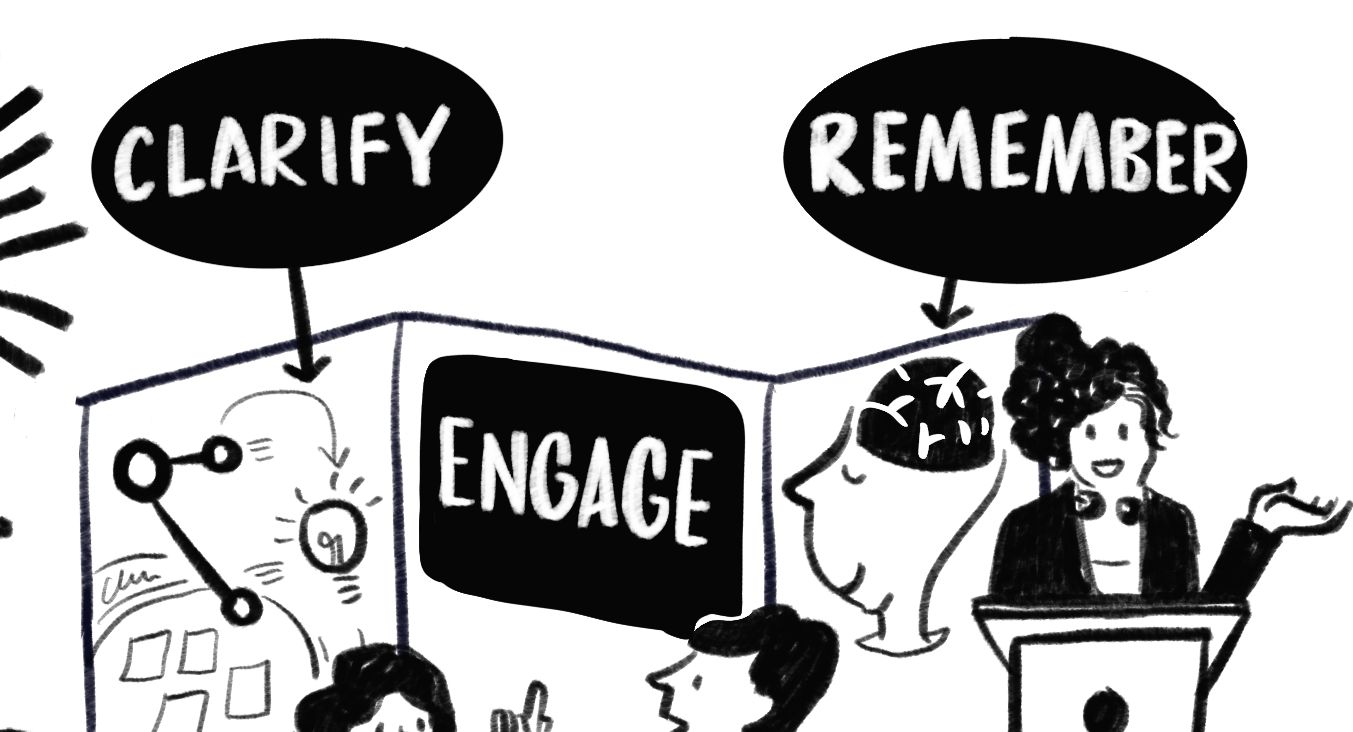-
The Ghost in the Machine: Why AI Transcription Misses the Emotional Subtext of Oral History

In the world of oral history, we often say that the “truth” of an interview lives in the space between the words. It’s in the waver of a voice when a narrator recalls a childhood home, the sharp intake of breath before a difficult revelation, or the protective armor of a sarcastic laugh. As oral…
-
The Cost of Cheap: Why Fixing Bad AI Transcripts Costs More Than Hiring a Professional.

In the competitive world of academic research, “free” or “cheap” is often the most expensive path you can take. For oral historians, who deal with long-form interviews, regional dialects, and complex emotional narratives, the siren song of low-cost AI transcription can lead to a phenomenon known as “The Correction Trap.” While a $0.10-per-minute AI service…
-
The Architecture of a Life: Why Professional Transcription Is The First Step in Writing a Memoir

For many oral historians and biographers, the move from recorded interview to finished memoir feels like standing at the base of a mountain. You have hours of tape—rich with anecdote, emotion, and wisdom—but it is a “liquid” medium. To build a book, you first need to turn that liquid into solid ground. In the world…
-
Preserving the Past with Precision: The Oral Historian’s Guide to Flawless Audio and Effortless Transcripts

Recording a great interview is only half the battle; the real victory is getting a transcript that doesn’t require hours of “cleanup” because of muffled voices or background hum. For oral history researchers, audio quality isn’t just about convenience—it’s about the integrity of the record. Whether you are using AI or a human service, the…
-
Method Matters: How High Fidelity Transcription Enhances Qualitative Research Data.

In the world of qualitative research, your data is only as strong as your primary source. For oral historians, the transcript is more than just a convenience; it is a vital bridge between a lived experience and a scholarly conclusion. However, not all transcripts are created equal. When we settle for “good enough” audio or…
-
Beyond the Tape: Best Practices for Labeling Speakers in Oral History Transcripts

Preserving Voices: Why Oral History Matters Oral history is a vital method for capturing and preserving personal memories and lived experiences that often go unrecorded in traditional archives. It moves beyond official documents to offer rich, subjective, and deeply human accounts of the past. The oral history interview itself—the interaction between the interviewer and the…
-
The Year the Future Arrived

Beyond the Headlines: The Personal Echoes of 2025. An Oral History Project Capturing the Human Experience of a World in Motion The year 2025 was a lightning bolt. From landmark global summits and political shakeups to revolutionary tech announcements and major cultural milestones, the headlines came fast and thick. But what was it really like…
-
Unpacking SD Cards for Your Zoom H1n: A Guide for Oral Historians

The Zoom H1n has become a beloved companion for many oral historians. Its compact size, ease of use, and surprisingly high-quality audio capture make it an excellent choice for recording those invaluable stories. But once you’ve pressed “record,” where does all that precious audio go? Into the SD card, of course! Understanding SD card sizes…
-
Transcribing in the Digital Age: Your Fun & Fresh Guide to Turning Talk into Text!

Ever binge a podcast and think, “Man, I wish I had notes on that epic rant?” Or maybe you’ve got a killer interview you need to quote perfectly? That, my friends, is where transcription swoops in, cape flowing, to save the day! It’s all about turning spoken words into glorious, searchable, readable text. Now, if…
-
Beyond the Words: The Oral Historian’s Guide to Perfect Transcripts

So, you’ve conducted a powerful oral history interview. You’ve captured someone’s invaluable memories, insights, and unique voice. Now comes the crucial step of transforming that rich audio into a usable, lasting document. But how do you format it so it’s not just readable, but genuinely useful, historically accurate, and widely accepted by the oral history…